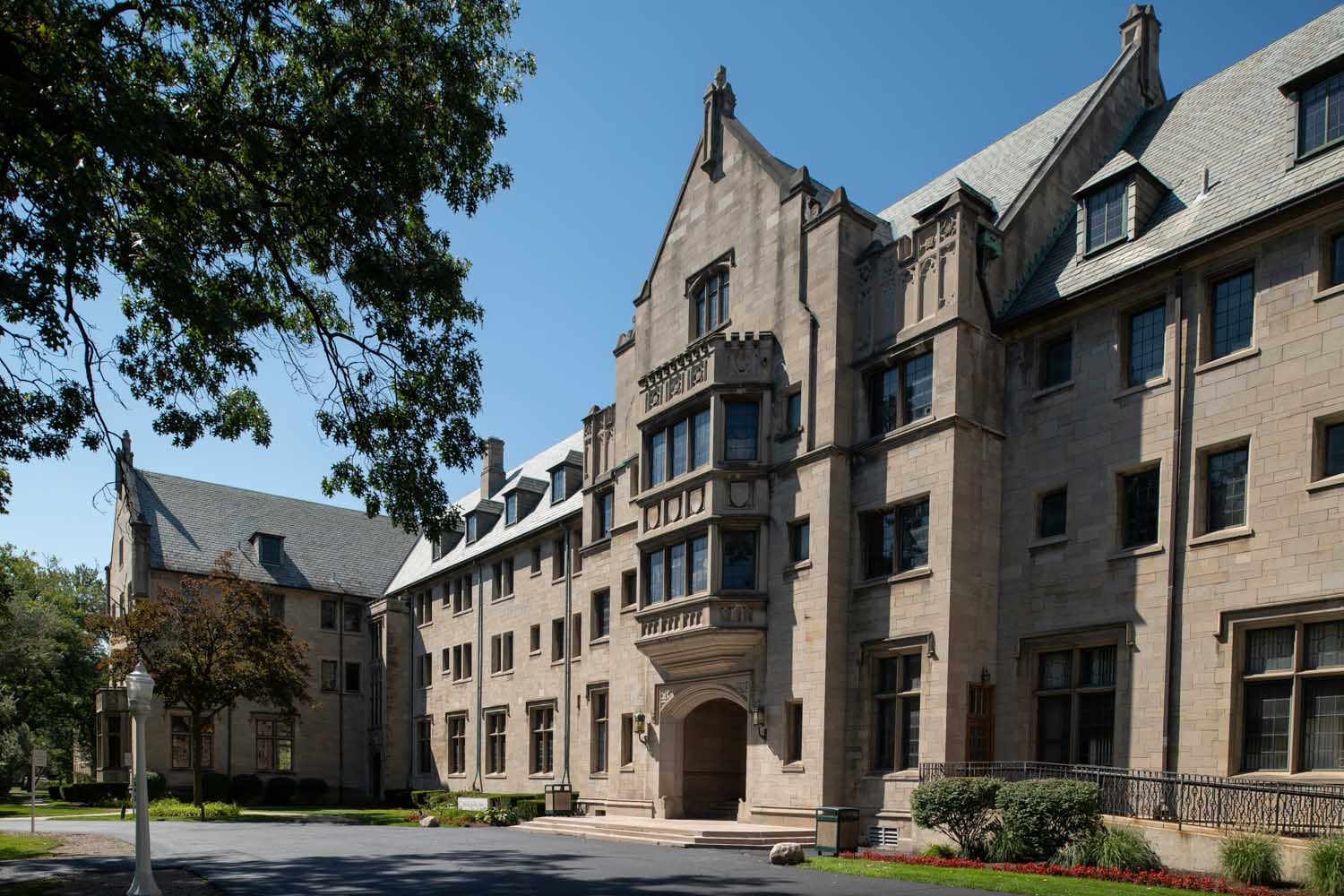Sign up for Chalkbeat Detroit’s free newsletter to keep up with the city’s public school system and Michigan education policy.
On a recent July day, a group of adults took to the streets of Detroit to experience what students encounter on their way to and from several schools.
The excursion was the work of a new effort — a piece of a $180 million investment into multiple Northwest Detroit neighborhoods announced Friday by the philanthropic Kresge Foundation — to identify issues, such as unsafe vacant homes and property, that can make the trek to school a challenging one for children.
“The vacant property, whether it’s residential or commercial, is factored into how do you look at your neighborhood, or set neighborhoods, through the eyes of a child or young person, and create a different not only aesthetic but ecosystem that supports their growth, development and educational opportunity,” Wendy Lewis Jackson, managing director of Kresge’s Detroit Program, told Chalkbeat Thursday.
Kresge announced its $180 million investment Friday morning, with its plan to move its headquarters from Troy to the Marygrove Conservancy Campus in Detroit. Since 2018, that campus has been the site of another of the nonprofit foundation’s investments in Detroit, with the closed Marygrove College campus transformed into a unique preschool through college site, which holds a K-12 campus (part of the Detroit Public Schools Community District,) an early childhood center, and a University of Michigan teaching school with housing for dozens of students. (Kresge is a Chalkbeat funder.)
The move to Detroit “gives us the possibility to really become a very different kind of partner in neighborhood work,” said Rip Rapson, Kresge’s CEO and president.
The five-year investment is focused on housing stabilization, home ownership, revitalization of the Livernois-McNichols corridor, public space enhancements, and financial support to residents and businesses in the Fitzgerald, Bagley, University District and Martin Park neighborhoods, Kresge officials said.
The focus on “how can we do this in a much more comprehensive way that centers and puts kids and families really at the center of how we strengthen and support neighborhoods,” builds on work Kresge has already done in the city.
Here are some more specifics about the investments:
- A new structure to house the Kresge headquarters would be built on the northeast corner of the Marygrove Conservancy campus. In addition, Kresge would make improvements on the campus to create new open spaces, new pathways, and public gardens. “The whole idea is to help create an amenity that is basically owned by and committed to by the community,” Rapson said.
- Kresge pledged $50 million to promote home ownership, home repair, wealth building, improvements in the physical environment and rental assistance — all things Jackson said in a news release that residents of the neighborhoods have said they’ve been promised but few of those promises have been kept. Among the initial commitments Kresge is making, in partnership with the Live6 Alliance, will create a resident investment and opportunity fund that will invest in resources for home maintenance, repairs, and accessibility improvements; property tax relief; support for renters; and the revitalization of vacant land.
- Kresge is also investing in completing the Ella Fitzgerald Greenway. Construction of the greenway began in 2017 in the Livernois-McNichols area. Kresge will extend it east to Livernois Avenue and by making improvements to Ella Fitzgerald Park.
Community engagement work is already underway, and began in late July when Kresge, with support from several partners, began four community groups (on youth and education, housing and development, arts and culture, and health, wellness, and environmental sustainability) that has residents working together with the foundation in “co-designing strategies and recommendations for change,” Jackson said.
It was members of the youth and education group that walked the routes students take to and from Mumford High School, the School at Marygrove, and Bagley Elementary School of Journalism and Technology. It was an initial step in their work, Jackson said, and they likely will also look into the routes students take at other schools within the four neighborhoods. The group will also be seeking feedback from the young people who are making these treks daily.
Youth safety is a critical issue in Detroit. Students interviewed by Chalkbeat earlier this year said they fear getting attacked on the way to or from school. They also said they worry about bullying, school shootings, and immigration actions.
“Yes, they saw vacant properties, particularly along the commercial corridor,” Jackson said of the adults who walked the routes.
Then they set out to draw what they consider to be a safe route. What was interesting about that exercise, Jackson said, is that everyone had a different idea of what a safe route would be. Bringing young people into the conversation, she said, “is going to be fascinating to kind of see if there is, you know, a consensus.”
Rapson said a philanthropic organization like Kresge won’t have all the answers, though, and that partnerships with the city of Detroit and community organizations will be a key part of the investments the foundation makes.
“There’s always, I think, a temptation for philanthropy to think that it can kind of do it on its own,” Rapson said. And while Kresge can invest in making vacant lots safer, “at the end of the day, it’s also a public sector function. So we’re hoping that by demonstrating our commitment … to the sort of integrative approach, we’re going to invite other partners in.”
Lori Higgins is the bureau chief for Chalkbeat Detroit. You can reach her at lhiggins@chalkbeat.org.






